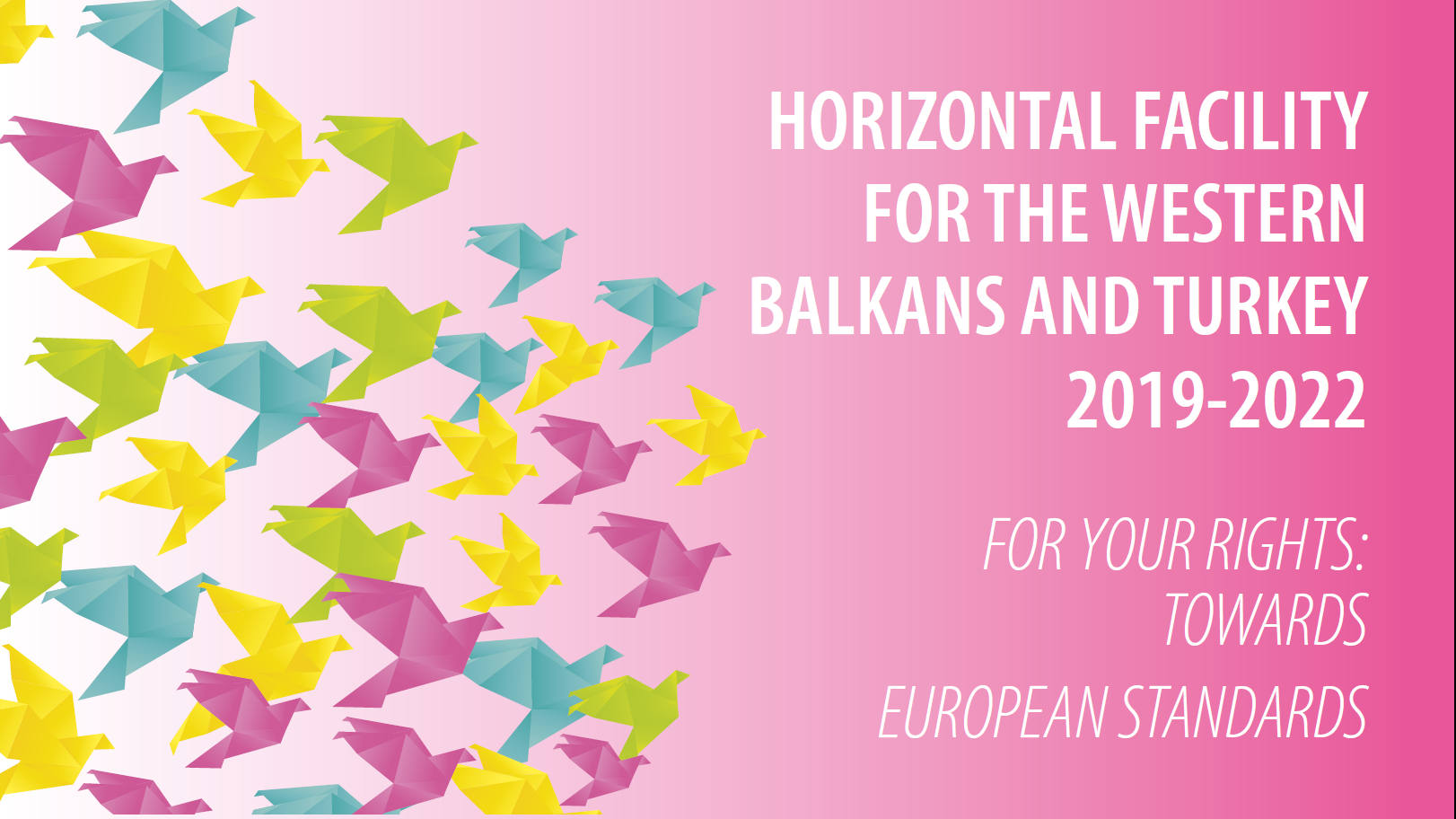People belonging to the LGBTI community should have access to same rights as any other citizen of Bosnia and Herzegovina (BiH), such as education, health, decent family environment, employment, to exercise freedom of assembly, to visit their loved ones if they are hospitalised in intensive care and many more. All this should function without discrimination or verbal/physical violence. Right now, in BiH there is still room for improvement when it comes to exercising rights of LGBTI people!
In order to improve this, ministries/institutions from the state level, Federation of BiH, Republika Srpska and Brcko District nominated their representatives to be part of the working group developing LGBTI Action plan. On 18th December 2019, the first meeting of the working group was held in Jahorina, discussing the methodology of developing a joint LGBTI action plan in BiH. One of the key guidelines for its development will be Council of Europe’s recommendation CM/Rec(2010)5 on combating discrimination on grounds of sexual orientation or gender identity. During discussion, especially welcome was the active participation of civil society representatives.
What is it like to be a lesbian, gay, bisexual, transgender or intersex person in BiH? What are consequences of being different in the society where sexual orientation and gender identity is still taboo? What are existing protection mechanisms for the protection of LGBTI persons in place? These are some of the questions raised during the thematic discussion held a day before, on 17th December, for the working group participants. Broadening their understanding of LGBTI issues in BiH was important in order for them to use this gained knowledge in their work when coming across issues concerning sexual minorities, but also to adequately reflect it in the drafting the Action plan aiming to improve the state of this minority group.
Saša Leskovac from the Gender Equality Agency, Ministry for Human Rights and Refugees BiH said: “The event was well-conceived, a combination of training on LGBTI rights and a concrete first preparatory meeting of the working group to develop an action plan for LGBTI rights in Bosnia and Herzegovina”. He also added that “…a major step has been made towards the development of a strategic document that will allow a co-ordinated approach to improve the situation of LGBTI persons in BiH society.”
One of the messages of this activity was: LGBTI rights are not special rights, LGBTI rights are human rights!
These activities were jointly organised by the Gender Equality Agency, Ministry for Human Rights and Refugees BiH and by the Council of Europe, as part of the European Union and the Council of Europe’s Action “Promotion of diversity and equality in BiH”. This Action is financed by the European Union and Council of Europe through the joint programme “Horizontal Facility for the Western Balkans and Turkey II”.



